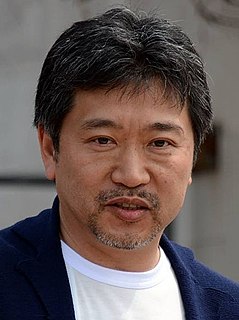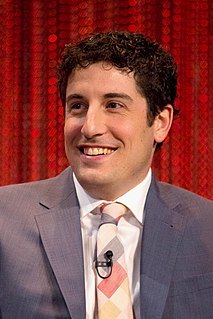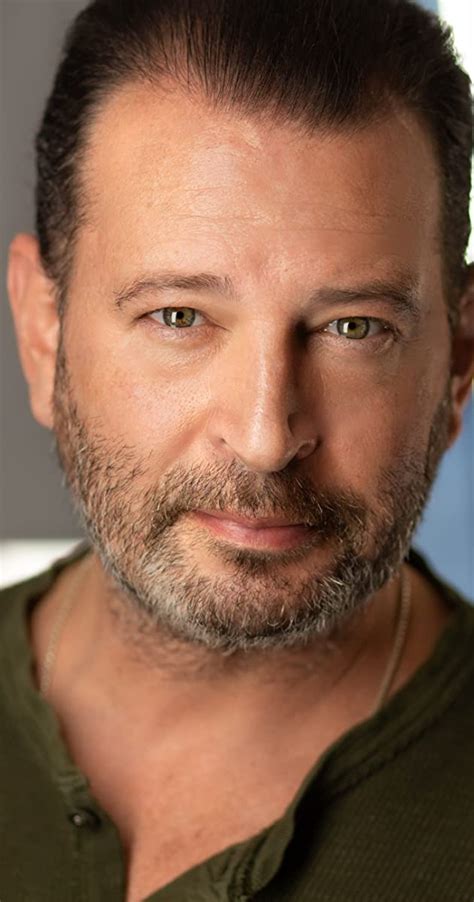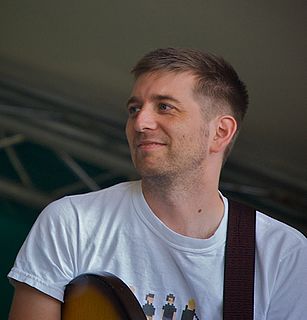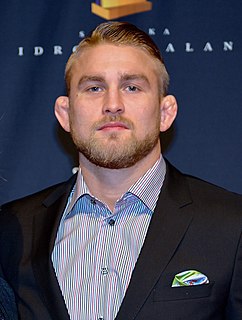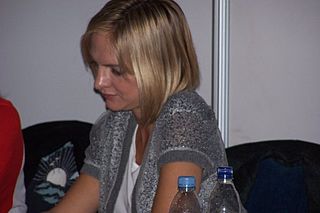A Quote by Hirokazu Koreeda
In order to avoid sentimentality and to be able to write the screenplay with the kind of humor and irony necessary to keep the story moving, I needed to distance myself as much as I could from the characters, to try to get to a point where I could view them objectively.
Related Quotes
When I set out to write a screenplay, I have in my mind a beginning and an end but that end part continually changes as I start to write the middle. That way by the time the screenplay is finished I have taken myself and my audience from a familiar beginning point through the story to an unfamiliar ending point.
From a policymaker's point of view, [the back door] must look like a perfect solution. "We'll hold onto a separate copy of the keys, and we'll try to keep them really, really safe so that only in an emergency and if it's authorized by a court will we bring out those keys and use them." And, from a policy point of view, when you describe it that way, who could be against that?
I find myself speaking through the other characters, putting ideas in their voices and heads. Writing almost becomes a splitting of myself into multiple personalities. But I don't write to make an argument on behalf of any of the characters, or to prove anything about a character. I think that's important that I be serving the story first and not my own point of view.
I think up to this point, it's been difficult to suggest a world where Batman and Superman and Wonder Woman and others could exist in the same universe. That was one of the things I really wanted to try and get at. Not to mention, the amazing opportunity to bring those characters and have those characters tell an important story, their own story, within the confines of a film.
Sure, I went through my 'J'accuse' phase. I was so angry for so long, I could hardly have a conversation without getting into an argument. And it was only when I felt I could finally distance myself from my past that I began to write about what happened - not just to me, but to lots of young people. I think my story is a cautionary tale.
If I had a story idea that I felt would work best in three volumes I might write a trilogy eventually. I'd very likely write it all at once, though, so I could work on it as a whole and not broken into individual volumes. I don't always write in order, so composing multi-book stories could get complicated.
My best advice for mental training is simply to create good habits, in order to build a sense of security and calm around you. Also, you could try to distance yourself emotionally from the whole situation. In my case, I just look at it objectively: We are two guys going inside a cage to work. That's it. Try to de-escalate the pressure. Take a couple of deep breaths. Don't hype things up. And stay positive, even if you're fighting for your life.
